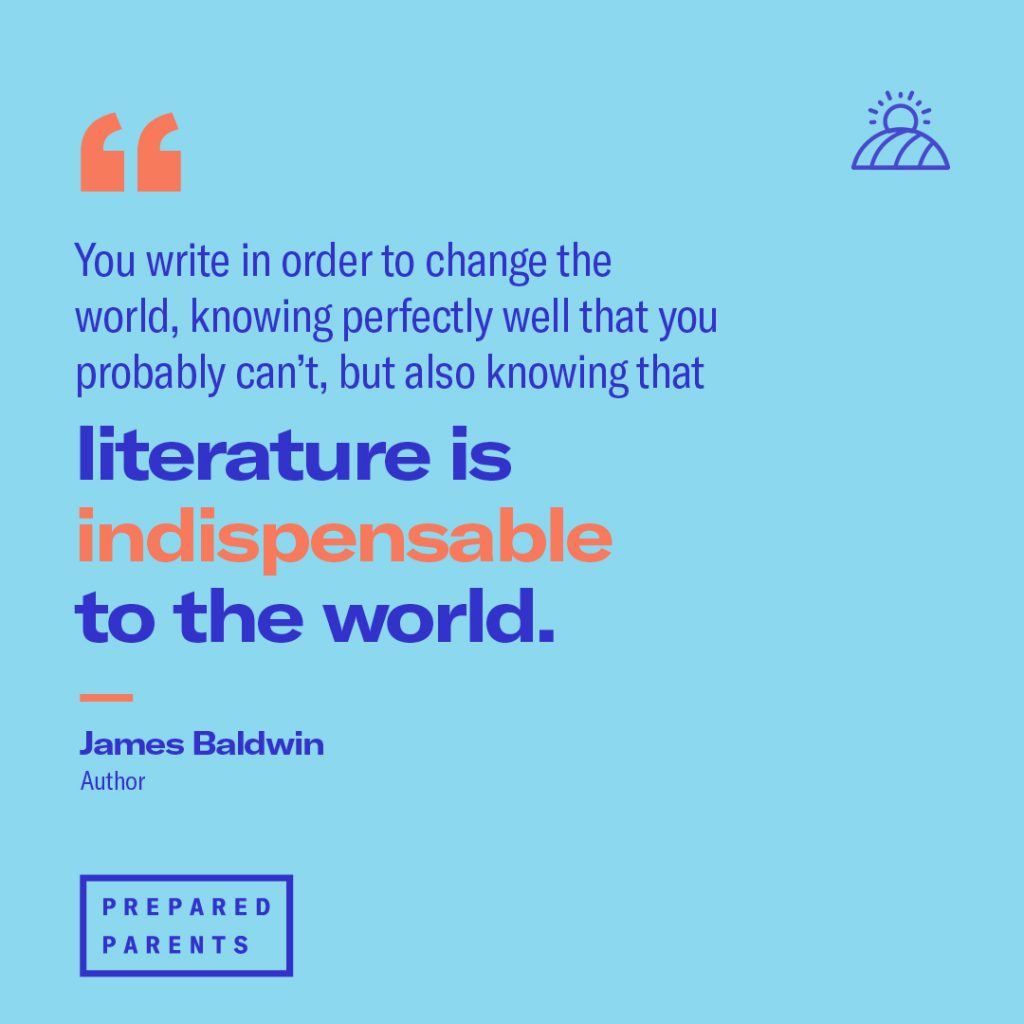Writing is an essential skill with no expiration date; we use it for a lifetime. And while technology continues to dominate in the workplace, the ability to write well can assure employability in an unpredictable, ever-changing job market.

Communication skills—both oral and written—are among the most sought after in potential employees because they can’t be done by a robot. But writing is not just a career skill or a way to communicate with others. There are other unexpected reasons why it’s a good idea for kids to practice writing.
- Writing exercises the brain. A study conducted in Germany determined that writing engages a broad network of regions in the brain. Like the athlete who becomes stronger the more they practice, research shows that the more proficient the writer, the more the brain is exercised.
- Writing calms our chaos. Another study confirmed that writing about our thoughts and feelings for at least 15 minutes a day has beneficial effects on physical and mental health because it helps us sort out all the clutter in our heads.
- Writing opens us to reflection. Founder of ThinkCERCA and UNBOXED project designer, Eileen Murphy says that writing a reflection is a great way to look back and see what you’ve learned from an experience. It’s also helpful when preparing for a difficult meeting or resolving a conflict. She explains, “Writing things down can be really helpful because it takes you through a thinking process and a calming process that helps you get the best words to communicate effectively how you’re feeling.”
- Writing develops cognitive skills. Because it requires focus, planning, and organizing thoughts, writing improves a kid’s cognitive skills. These get sharpened as they continue to write over time.
Kids begin to learn to write around five years old. In first and second grades, kids are learning to write multiple sentences and separate them into paragraphs. During third grade they’ll start writing full paragraphs and by fourth grade their writing should include multiple paragraphs. “After that it’s about learning to refine the writing,” Eileen adds. “Kids will start showing more sophistication in their thinking and the expression of their thoughts in their writing.”
“Getting words on paper in kindergarten is huge. It doesn’t matter if they spell them correctly. Now’s when they start to write words and split words from each other. And when they can create appropriate illustrations to go with those words, that’s a big milestone.”
-Eileen Murphy, Founder of ThinkCERCA and UNBOXED project designer
Try these three strategies to nurture your kid’s writing muscle:
- To write, keep reading. It’s tough to separate writing from reading. Reading expands knowledge, increases vocabulary, and improves reasoning. It exposes us to different expository styles and diverse perspectives. Reading is inspirational and can spark our imagination. To encourage and nurture a love of reading:
– Sit down together with your books and read simultaneously.
– Talk about what you’re reading
– Share interesting information, stories, and ideas from your reading and invite your kids to do the same from books they’re reading. - Be their scribe. An important strategy to help kids with both reading and writing is for you to take on the role of a scribe. Let your kid tell you what they’re thinking, and write it down. “This helps a learner develop their writing and their reading skills because the print and sound correspondence is really important for word recognition and the development of vocabulary,” says Eileen.
Work through the draft together to make improvements, but let your kid drive the process. Don’t correct their writing; celebrate it. Focus on the things you can praise and ignore the things that go wrong. Now publish it. Keep art supplies handy to produce a manuscript. Displaying the book is another way to celebrate your kid’s writing. You’re offering them a powerful opportunity to not only discover who they are and how they learn, but to develop self-confidence and purpose. - Be their audience. “The ability to tell a story effectively is incredibly useful in every aspect of life,” Eileen stresses. Let your kid tell a story, but participate as an inquisitive audience member. Ask questions that can help them more fully develop their story. Challenge them to back up their thesis with evidence and then ask them to explain what they mean.
Writing can feel like a painful process, but like the athlete whose muscles ache as they step over the finish line, there’s great joy in completing a writing assignment. Encourage your kid to put pen to paper so they can learn to speak through the printed word.
“By asking them to articulate their argument you’re getting your kid to organize and develop their thoughts. Engaging in an evidence-based dialogue is a way to improve critical thinking—a key underpinning of academic success. Kids should always be aware of their audience. What appeals to them? What’s inaccessible because you’ve used a word they may not know?”
-Eileen Murphy, Founder of ThinkCERCA and UNBOXED project designer

